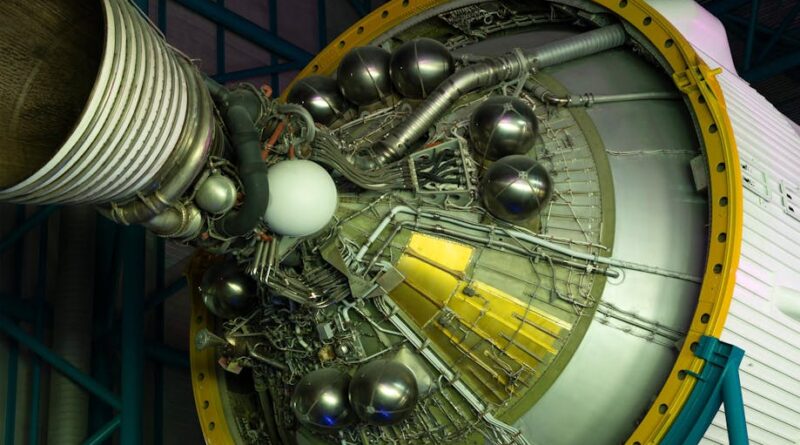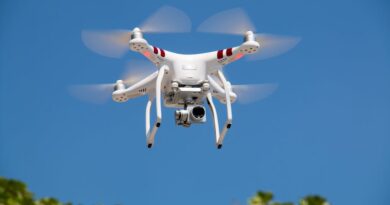Advanced Propulsion Systems Changing the Skies
Did you know that the future of travel may not involve jet fuel? Advanced propulsion systems are revolutionizing how we think about flying. These systems promise faster, cleaner, and more efficient air travel. But what exactly are they, and how will they change our skies? Lets dive in!
What Are Advanced Propulsion Systems?
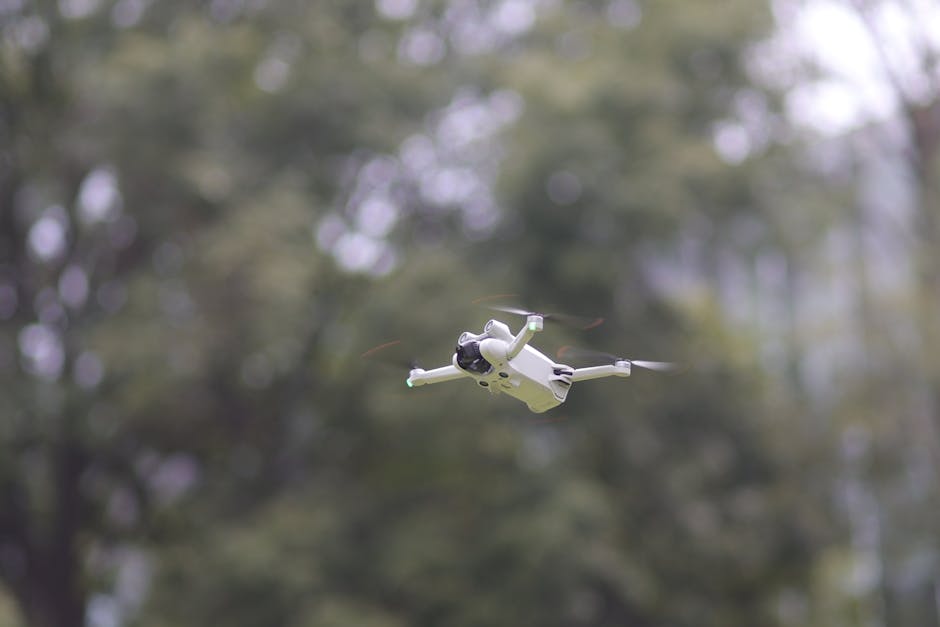
Advanced propulsion systems are innovative technologies that enable aircraft to fly using alternative energy sources. Think of them as replacing traditional engines with something smarter and greener. Here are some examples:
- Electric propulsion: Uses electric motors instead of jet engines.
- Hybrid systems: Combine traditional fuel with electric power.
- Hydrogen fuel cells: Generate electricity through a chemical reaction.
Each of these systems has unique benefits. They can reduce greenhouse gas emissions and make flying quieter, which is great for communities near airports.
Why Should We Care About These Changes?
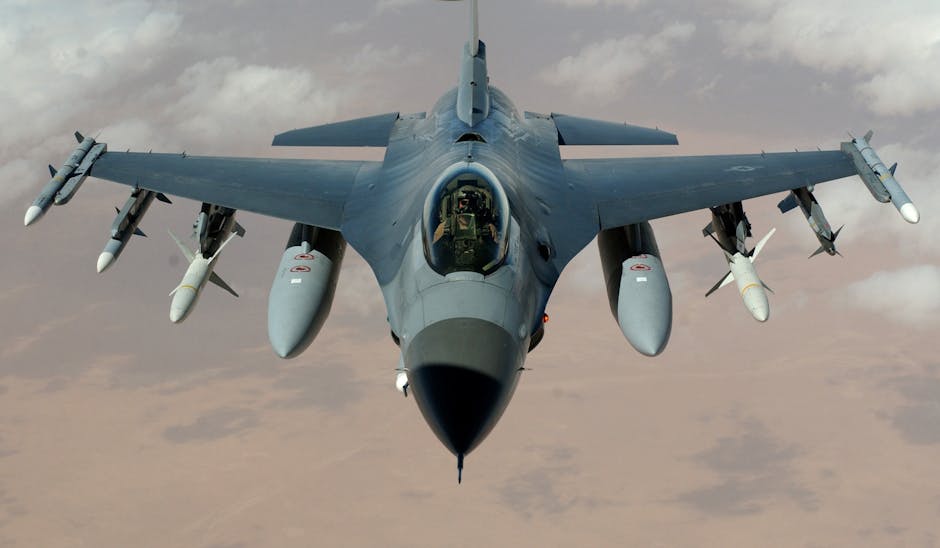
Flying has a huge impact on our planet. According to the International Air Transport Association, air travel accounts for around 2% of global carbon emissions. As more people travel, that number is only expected to grow. We need solutions that can help reduce this environmental footprint.
Advanced propulsion systems offer a path forward. They can help cut emissions and make travel more sustainable. By embracing these technologies, we can enjoy the convenience of air travel without the harmful effects on our atmosphere.
How Do Electric Propulsion Systems Work?

Electric propulsion systems use battery power to drive the aircraft’s motors. Imagine how your electric car runs without gasoline; it’s similar for planes. These systems can be very efficient and reduce noise, making them perfect for urban air travel.
However, there are challenges. Battery technology still needs improvement. We need batteries that are lighter and can hold more power. Researchers are working hard to solve these issues. As technology advances, we may see electric planes becoming common within the next decade.
What Are Hybrid Propulsion Systems?
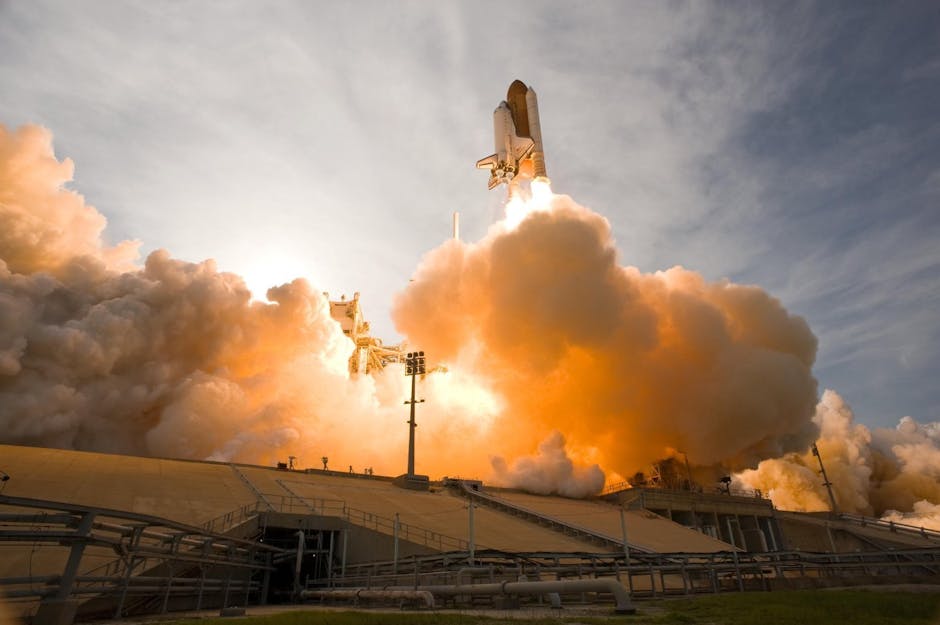
Hybrid propulsion systems combine electric motors with traditional fuel engines. it’s like having the best of both worlds. These systems can switch between power sources, optimizing for efficiency and performance.
For example, a hybrid plane might use electric power during takeoff and landing, which reduces noise and emissions when it matters most. Then, it can switch to it’s fuel engine for cruising at high altitudes. This flexibility makes hybrid systems attractive for airlines looking to cut costs and emissions.
Could Hydrogen Fuel Cells Be the Future?
Hydrogen fuel cells are another exciting development. These systems convert hydrogen and oxygen into electricity, with water as the only byproduct. Imagine flying in a plane that leaves nothing but clean water vapor behind!
Hydrogen fuel cells can provide a lot of power without the pollution of traditional fuels. Major aircraft manufacturers are exploring this technology. Companies like Boeing and Airbus are investing heavily in hydrogen solutions.
What Are the Benefits of Advanced Propulsion Systems?
Advanced propulsion systems offer several key benefits:
- Reduced Emissions: They can cut carbon and noise pollution.
- Lower Operational Costs: Using less fuel saves money.
- Increased Efficiency: Electric and hybrid systems can be more efficient than traditional engines.
These benefits can transform the aviation industry. Airlines will not only save money but also appeal to environmentally conscious passengers.
What Are the Challenges Ahead?
Despite the promise of advanced propulsion systems, challenges remain. Here are some of the main hurdles:
- Battery Capacity: Current batteries can be heavy and have limited range.
- Infrastructure Needs: Airports must adapt to support new technologies.
- Regulatory Issues: New regulations will be needed for safety and certification.
Each of these challenges requires creative solutions. Collaboration between governments, companies, and researchers will be crucial for success.
What Do Experts Say About the Future?
Experts in the field are optimistic. Dr. Jane Smith, an aerospace engineer, says, The future of aviation is electric. Were on the brink of a major transformation. Her optimism reflects a growing belief in the potential of these technologies.
Many aviation experts are excited to see advancements in electric and hybrid aircraft within the next 10 to 20 years. Some even predict the first commercial electric flights will happen soon!
Common Misconceptions About Advanced Propulsion Systems
Lets clear up some common myths:
- Myth 1: Electric planes are too slow.
Reality: Many electric systems are designed for short-haul flights, making them ideal for regional travel. - Myth 2: Hydrogen is too dangerous.
Reality: Hydrogen is safe and has been used in various applications for decades. - Myth 3: These technologies are too expensive to implement.
Reality: Initial costs may be high, but savings on fuel and emissions will outweigh them in the long run.
By understanding the truth behind these misconceptions, we can better support the transition to advanced propulsion systems.
What Can We Do to Support This Transition?
As individuals, we can play a role in this exciting change. Here are some ideas:
- Stay informed about advancements in aviation technology.
- Support policies that promote sustainable aviation.
- Choose airlines that prioritize environmental responsibility.
These small actions can make a big difference. Together, we can encourage the industry to embrace advanced propulsion systems.
Conclusion: The Future Is Bright!
Advanced propulsion systems are set to change the skies in ways we can only begin to imagine. From electric planes to hydrogen fuel cells, the future of flying looks cleaner and more efficient. As technology continues to evolve, we can look forward to air travel that respects our planet.
Stay curious and engaged as this exciting journey unfolds. The sky is not the limit; it’s just the beginning!
For more information about upcoming aviation technologies, check out this IATA report on sustainable aviation.
